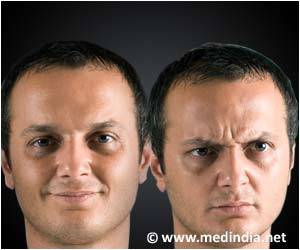Moral choices are perhaps prompted by physical sensation, according to a US researcher.

Her hypothesis is that the feeling or emotional reactions in the body may sometimes prompt introspection, and can ultimately promote moral choices and motivation to help or emulate others.
“These emotions are foundational for morality and social learning. They have the power to change the course of your very life,” Immordino-Yang said. Her article appears in the July issue of Emotion Review.
In one instance cited in the article, a participant responded to a story of a little boy’s selflessness toward his mother by reporting that he felt like there was a “balloon or something under my sternum, inflating and moving up and out.” While pondering this physical sensation, the participant paused for a moment and considered his own relationship with his parents. Ultimately, he voiced a promise to express more gratitude toward them.
Researchers noted similar reactions to varying degrees in the test’s other participants. Immordino-Yang’s team has performed about 50 of these qualitative analyses in Beijing and at USC. The researchers provide the emotional story, then record the participant’s reaction, and also use brain scans to record the physiological response.
“It’s a systematic but naturalistic way to induce these emotions.” Immordino-Yang said. After being told an emotional true story during a private, taped interview, the participant is simply asked to describe how he or she feels.
Advertisement
“We are an intensely social species,” she said. “Our very biology is a social one. For centuries poets have described so-called gut feelings during social emotions. Now we are uncovering the biological evidence.”
Advertisement
Source-Medindia











